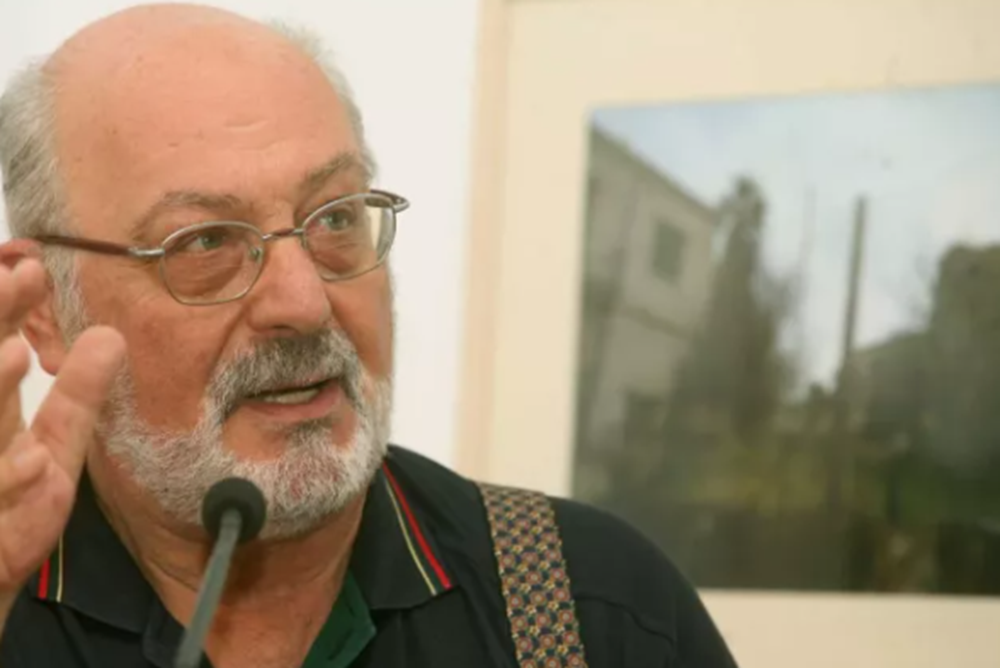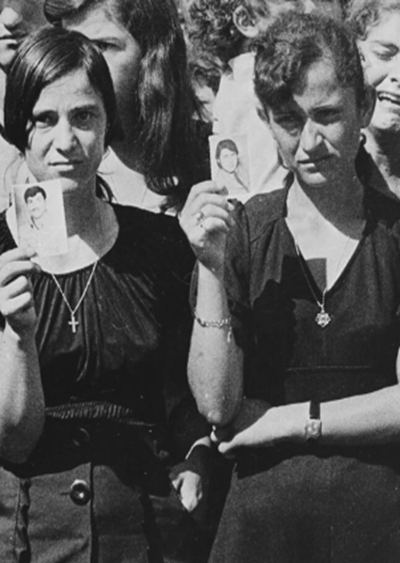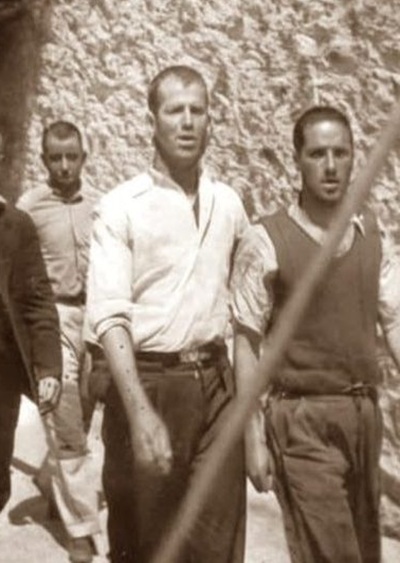
I can’t believe that our beloved mentor and pathfinder, Kostas Georgousopoulos, is no longer here.
I will never forget, along with my admission to the University of the Peloponnese (Philology Department) in 2013, that I begun attending all his lectures -intermittently until 2016- in a jewel that no longer exists, the Book Arcade. The courses started from Aeschylus, Aristophanes, Miller, Euripides, but Georgousopoulos’ erudition and his multifaceted life experiences transformed each lecture into more than just a presentation on the subject to which he had devoted his entire life. Questions that plagued him on specific words of the texts, impressions of all the great protagonists he had caught on stage, and judgments that were distinguished by a high taste for popular art.
With such a person, you could talk about Aristophanes’ “The Birds” and Tarkovsky’s “Stalker” in the same sentence.
With such a person, you could discuss before the beginning of the lecture on that Socratic “εἰς ὁ αὐτοῦ ἡ φύσις ἐπιτηδειοτάτη πεφυκυῖα εἴη” and unlock a thousand paths in your mind, where others saw simple grammar and syntax.
With such a person, the “reading” of a Miller text revealed the tragic form of the plot and characters of the leading American, Gregory Solomon as the lonely leader of an invisible Chorus in “The Price”.
The last time I had met him by chance, just before the start of a performance at the Open Theatre of Papagos, enjoying his ice cream. I had time to tell him how much I had been influenced by his opinion that the Ancient Theatre of Epidaurus should stage performances beyond the ancient Greek classics, such as texts from Latin literature that had not had a similar fate on stage, and even more Menander. One of the people who deeply influenced me in my “adventure” with Menander.
Kostas Georgousopoulos. He cannot be forgotten.
With my farewell, and a passage from “The Libation Bearers” that he so skilfully brought to life in the modern Greek language:
“Με του θεού το θέλημα μέσα στο πένθος
φαιδρός κελαϊδισμός θ’ ανθίσει.
Αντίς για μοιρολόι στην ταφόπετρα
θα φέρει ένας παιάνας στο παλάτι
το γιοματάρι της χαράς”. (Aeschylus, Oresteia, translated by Κ.Χ.Μύρης, Hestia Publishers, p.115)







Leave A Comment